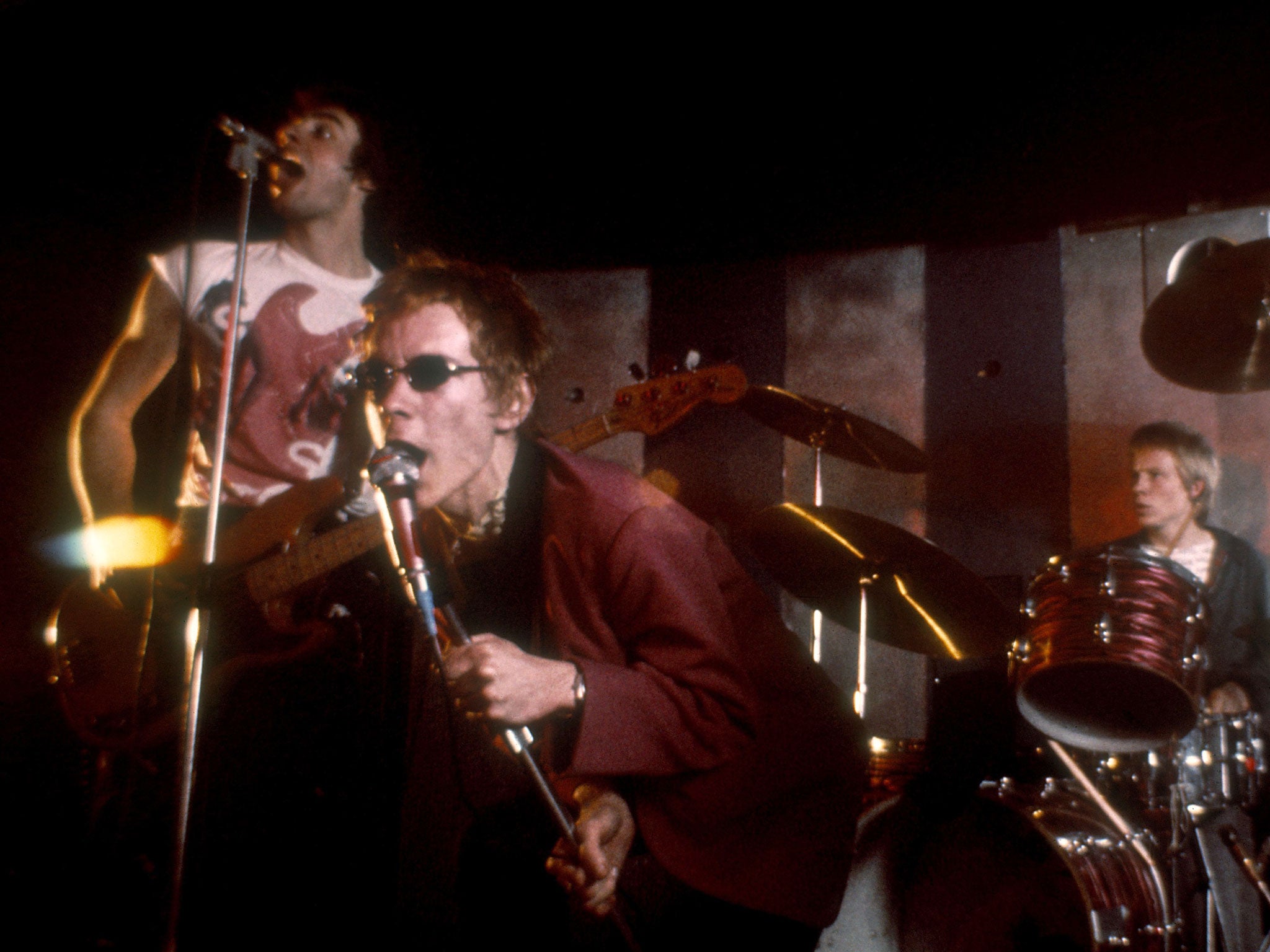Cowboys and Indies: The Epic History of the Record Industry by Gareth Murphy, book review
The mavericks and moguls who shaped the soundtrack of the past 100 years

For most of us, the history of rock starts with a lank-haired truck driver from Memphis called Elvis who wanted to make a record for his mother. Gareth Murphy deliberately takes a broader view with an all encompassing history of not only what might be termed the hardware of popular music from Thomas Edison's cylinders to the MP3 downloads of today, but the machinations, artistic high jinks and public scams that accompanied it.
In many ways, as Murphy reveals, the double-dealing, business squabbles and ability of a fortunate few to discover which way the commercial wind is blowing is the same whether you're trying to market Caruso 78s or the recordings of an unknown foursome from Liverpool.
Characters emerge who may be little known to the public, but whose vision and foresight go on to influence the course of popular music. Take, for instance, Emile Berliner, the German-born American inventor who decided at the end of the 19th century that Edison's music cylinders were too clumsy and that a flat, recorded disc played on a machine he termed the gramophone was a better bet. Or the Yale-educated John Hammond (1910-1987), a scion of the wealthy Vanderbilt family, whose interest in blues and jazz and later folk and rock led him on an unprecedented voyage of discovery on which he furthered the careers of Bessie Smith, Count Basie, Billie Holiday, Bob Dylan, Leonard Cohen and Bruce Springsteen.
Unfortunately, such is the breathless pace with which Murphy covers Hammond's career that the facts sometimes get garbled. Hammond's pioneering From Spirituals to Swing concert at Carnegie Hall, for instance, didn't feature a non-existent harmonica player called Sanford Terry, but the famous blind musician Sonny Terry. Big Bill Broonzy is wrongly described as a blues shouter at the same event (that was a role filled by Kansas City's amply-built Joe Turner) when in fact he was a superb guitarist and vocalist, and to call the magnificent Sidney Bechet a "Dixieland clarinetist" is like calling Miles Davis a "novelty trumpeter".
He also seems to think that Madhouse on Castle Street, the 1963 play that famously featured a young Bob Dylan was a London theatre production when it was in fact a BBC Sunday night play, the tapes of which were notoriously wiped clean some years later.
Still, Murphy does entertain with tales of hedonism and excess that characterised the big bucks deals of the Seventies and Eighties – whether it is Janis Joplin suggesting to mogul Clive Davis that they have sex to consummate the record deal she'd just signed or the Casablanca records boss Neil Bogart, whose success with stadium rockers Kiss enabled him to turn his Sunset Strip headquarters into a mock Rick's Cafe with stuffed camels, palm trees and the drug of choice – qualudes.
The emergence of punk – and the on/off "shall we sign the Sex Pistols" saga that consumed A&M in the UK in the late Seventies also makes for an entertaining read. Derek Green, A&M's London boss recalls a press conference where he was asked by a German journalist if the their recording contract gave A&M any control over the group's behaviour. "Before I could say anything, Sid Vicious farted," recalls Green. The group were dropped soon afterwards.
Murphy's gallop through a century or so of recording history ends with what he terms the forest fire when record companies' profits plunged as the internet and downloading took hold.
Wisely, he doesn't predict what music-buying will be like in the future. He's content to quote indy record boss Daniel Miller: "People are just getting on with it. There's a lot of good music out there, and that's what drives us."
Subscribe to Independent Premium to bookmark this article
Want to bookmark your favourite articles and stories to read or reference later? Start your Independent Premium subscription today.

Join our commenting forum
Join thought-provoking conversations, follow other Independent readers and see their replies